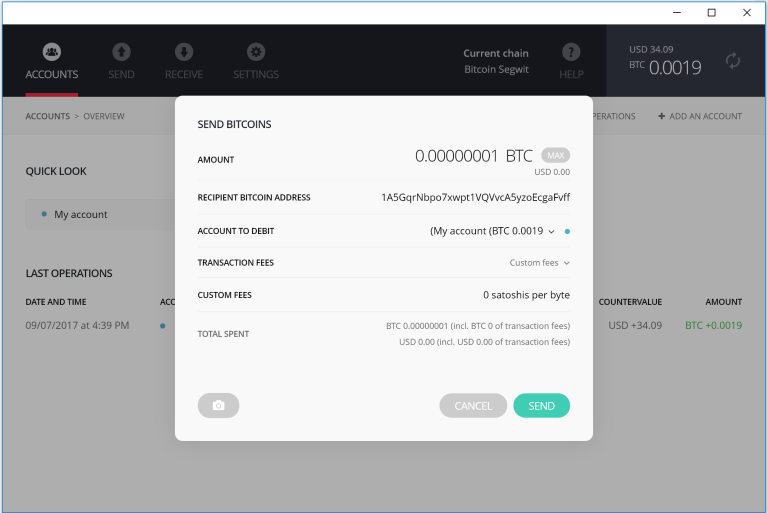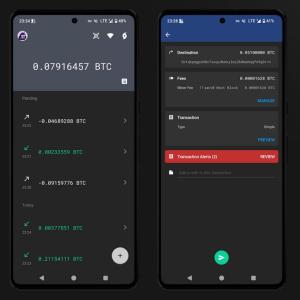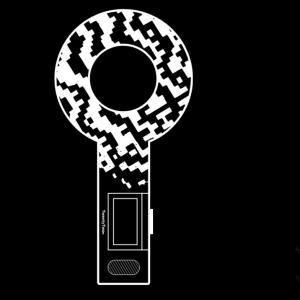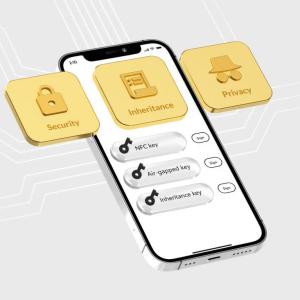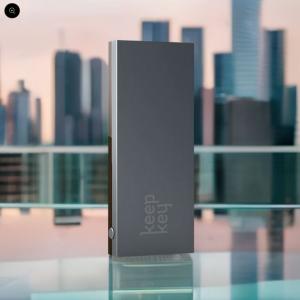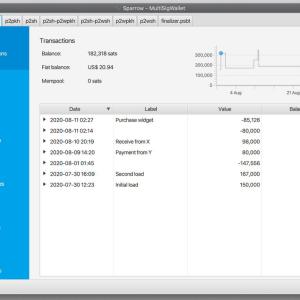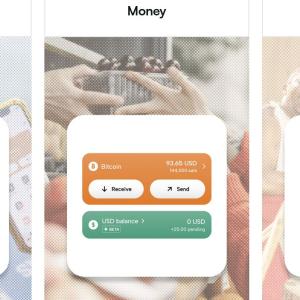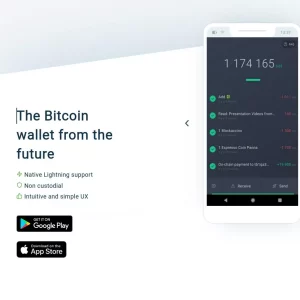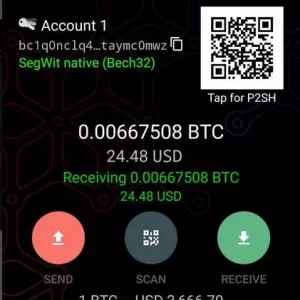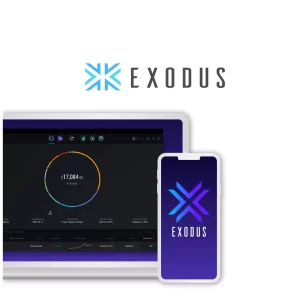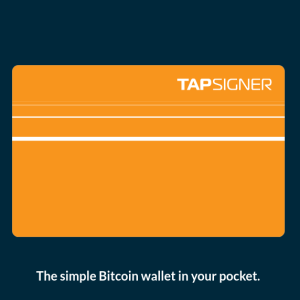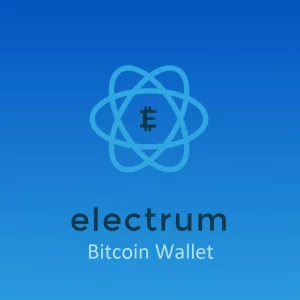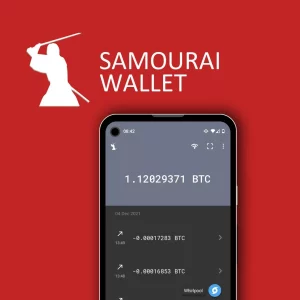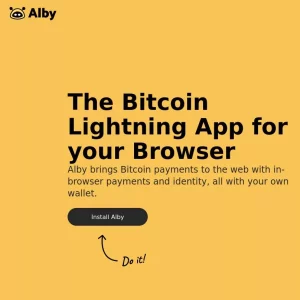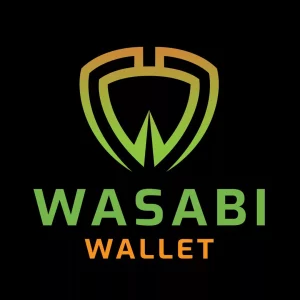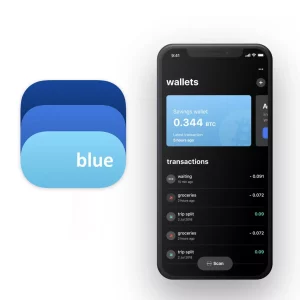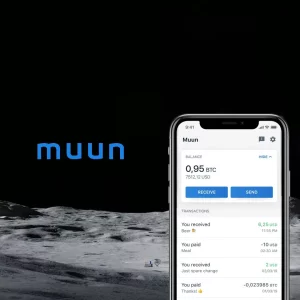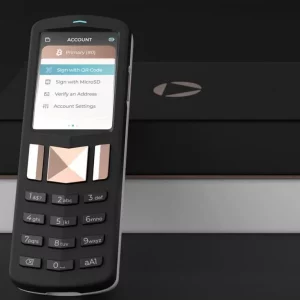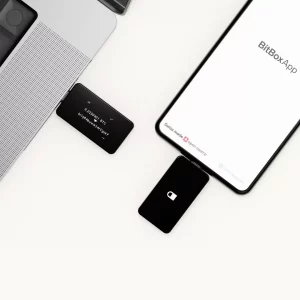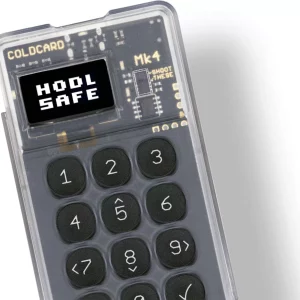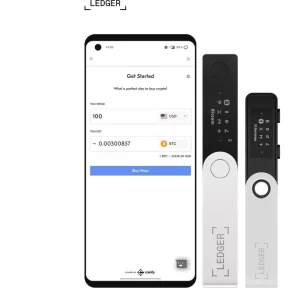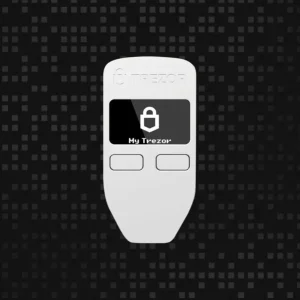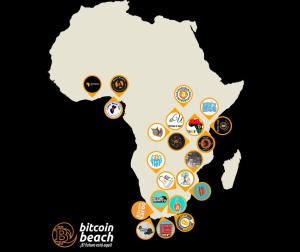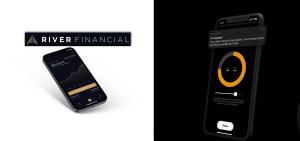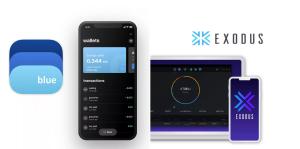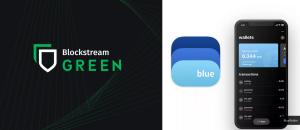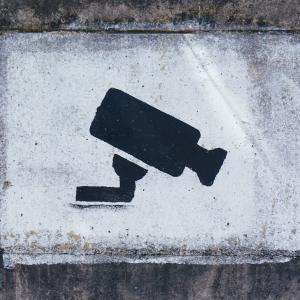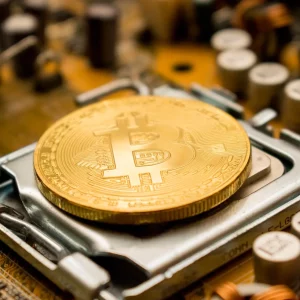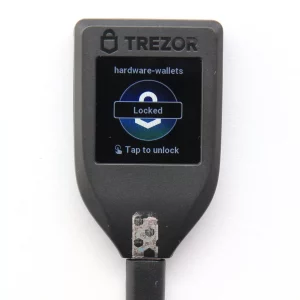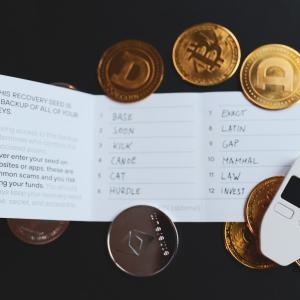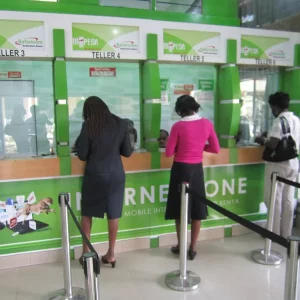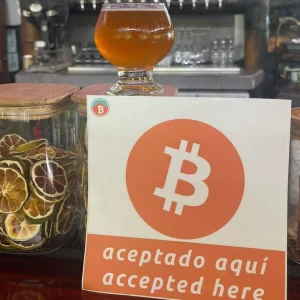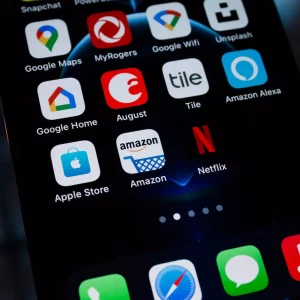Bitcoin is a decentralized digital currency that has taken the world by storm. Unlike traditional currency, bitcoin is not tied to a specific country or government, and it operates on a peer-to-peer network. To use bitcoin, you need a bitcoin wallet.
A bitcoin wallet is a software program that allows you to store, send, and receive bitcoin. It acts as a virtual wallet for your digital currency. There are several types of bitcoin wallets available, each with its own features and benefits.
How Bitcoin Wallets Work
When you create a bitcoin wallet, you are essentially generating a pair of cryptographic keys: a public key and a private key. Your public key is like your email address, and it is the address that you give out to people when you want them to send you bitcoin. Your private key is like your password, and it is used to access your bitcoin and authorize transactions.
When you receive bitcoin, the sender uses your public key to send it to your wallet. This transaction is then broadcast to the bitcoin network, which includes thousands of nodes that verify the transaction and add it to the blockchain. The blockchain is a decentralized and public ledger of all bitcoin transactions that have ever occurred, and it is maintained by the network of nodes.
When you want to send bitcoin, you enter the recipient’s public key and the amount of bitcoin that you want to send into your wallet software. Your wallet software then uses your private key to sign the transaction and broadcast it to the Bitcoin network. The network of nodes then verifies the transaction and adds it to the blockchain.
Custodial vs Non-Custodial Wallets
Bitcoin wallets can be classified into two types: custodial and non-custodial wallets. Custodial wallets are managed by third-party services such as bitcoin exchanges or wallet providers, who handle the technical aspects of securing your bitcoin and hold your private keys. These wallets carry the risk of losing control of your bitcoin if the service gets hacked or goes bankrupt. See this list of exchanges that disappeared with user funds.
Non-custodial wallets, on the other hand, are wallets that give you full control over your private keys and are solely responsible for managing and securing your bitcoin. This is commonly known as self-custody. These wallets are generally more secure, as you do not rely on third-party services to protect your bitcoin. .
Categories of Bitcoin Wallets
When it comes to bitcoin wallets, there are two main categories: cold wallets and hot wallets. The main difference between these two types of wallets is how they store and access your private keys.
Cold Wallets
A cold wallet is a type of wallet that stores your private keys offline, meaning they are not connected to the internet. Cold wallets are considered the most secure type of wallet since they are not susceptible to hacking or malware attacks. Cold wallets can be the following:
The first type of cold wallet is a hardware wallet. A hardware wallet is a physical device that you can plug into your computer or smartphone. This type of wallet is considered the most secure, as your private keys are stored on the device and not on your computer or phone. However, hardware wallets can be expensive. Trezor hardware wallet (Trezor Model T), for example, costs 219 USD. Examples include Bitbox, Coldcard, and Ledger.
The second type of cold bitcoin wallet is a paper wallet. A paper wallet is a piece of paper that contains your public and private keys. This type of wallet is the most secure, as it is not connected to the internet. However, paper wallets can be easily lost or damaged.
Hot Wallets
A hot wallet, on the other hand, is a type of wallet that stores your private keys online, meaning they are connected to the internet. While hot wallets are more convenient to use since they allow for easy access to your funds, they are also more susceptible to hacking and malware attacks. Therefore, it’s generally recommended to only keep small amounts of bitcoin in a hot wallet for day-to-day transactions. Hot wallets can be the following:
The first type of hot bitcoin wallet is a desktop wallet. As the name suggests, a desktop wallet is a program that you download and install on your computer. This type of wallet offers a high level of security, as your private keys are stored on your computer. However, if your computer is hacked or infected with malware, your bitcoin could be stolen. Examples include Exodus, Wasabi, and Electrum.
The second type of hot bitcoin wallet is a mobile wallet. A mobile wallet is an app that you can download onto your smartphone. This type of wallet is convenient, as you can use it wherever you are to make payments or receive bitcoin. However, mobile wallets are less secure than desktop wallets, as your private keys are stored on your phone. Examples include BlueWallet, Muun, and Samourai.
A web wallet is a third type of hot wallet that is accessed through a website. They are convenient to use, but less secure than other types of wallets, since they rely on the security measures implemented by the service provider. It’s generally recommended to use web wallets only for small amounts of bitcoin and to transfer them to a more secure wallet, such as a hardware wallet or a paper wallet, for long-term storage. Examples include wallets owned by exchanges,
The fourth type of hot wallet is browser extension wallets that are accessed through a browser extension. These wallets are installed on the user’s device, and the private key or seed phrase is stored locally on the device. As with all hot wallets, they come with security risks and should only be used for small amounts of funds. A good example for this type is Alby.
Dos and Don’ts of Bitcoin Wallets
Dos
- Use a reliable and reputable wallet provider.
- Keep your private keys secure. For example, use Bitcoin seed backups.
- Enable two-factor authentication (2FA) on your wallet.
- Backup your wallet regularly.
- Keep your software up to date.
Don’ts
- Share your private keys with anyone.
- Store large amounts of bitcoin in a hot wallet or non-custodial wallets.
- Use a public Wi-Fi network to access your wallet.
- Fall for phishing scams. Be wary of emails or messages that ask you to share your wallet information or click on a suspicious link.
- Trust anyone who asks you for your wallet information.
Read Our Reviews of Bitcoin Wallets
Filter by :

